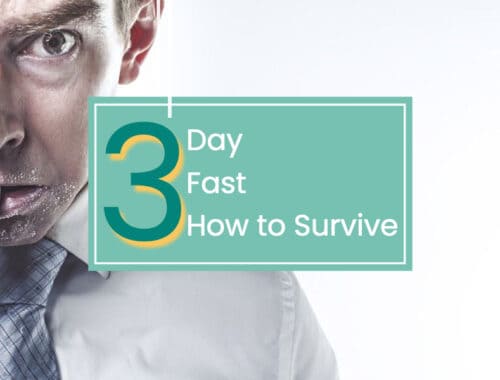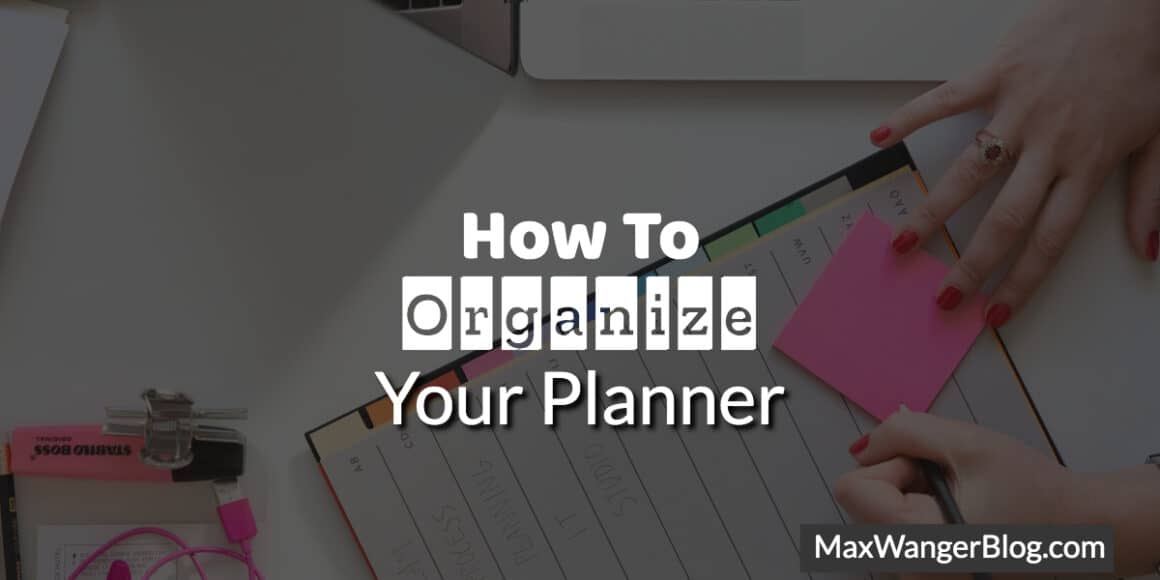
How To Organize A Planner: It’s Worth Your Time
It’s easy to get overwhelmed by the feeling of being overbooked, having too many things on your plate, and not enough time to accomplish them. We all know that feeling. But it doesn’t have to be this way. With a little organization and planning, you can make sure everything is in its place so that you’re able to work more efficiently which is a welcomed improvement. That will leave you with more time for what matters: spending quality time with friends, family, or loved ones! Below are some tips for organizing your planner.
Table of Contents
Find a planner that suits your needs
1. Determine your needs
2. Shop for a planner that fits those needs
3. Choose the right size and format for your planner
4. Consider the features you want in your planner, such as weekly or monthly layouts, tabs, etc.
5. Decide which type of paper is best for you (lined vs blank) and what color ink is most appealing to you and suits your personality best
6. Find a cover that matches the style of your planner – leather, hardcover, or softcover are all options!
Things to write in your planner:
- A list of important birthdays and anniversaries you want to mark down for family and friends
- Important dates such as due dates or deadlines for assignments, exams, or work projects
- Conferences you are attending and the days they start/finish
- Doctor appointments — this is also a good place to organize medication prescriptions that need to be purchased
- Activities such as sports, games, or movies that you want to attend
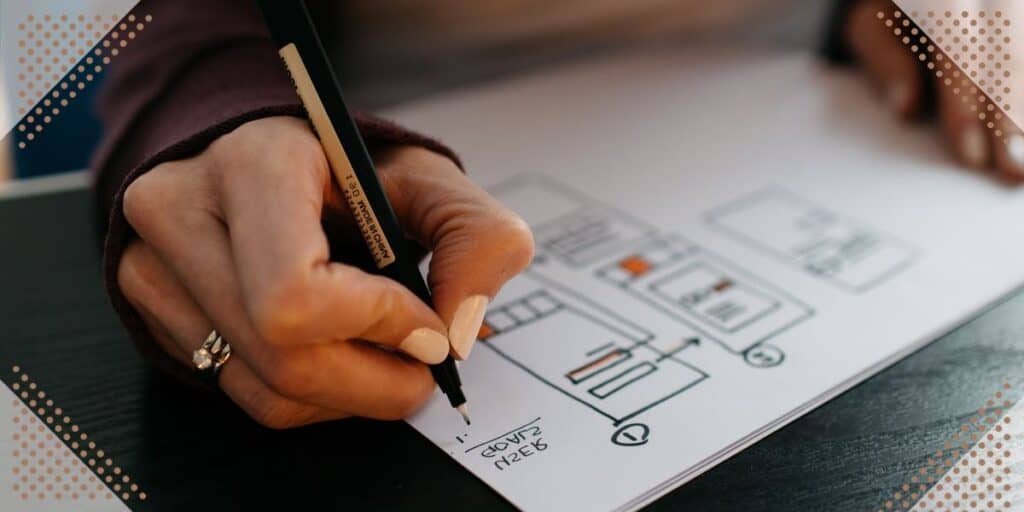
Plan ahead
1. Use your monthly calendar for a 3-month time frame – this is when many people organize their goals
2. Schedule activities in advance with enough time to get ready – like doing grocery shopping
3. Prioritize things you want to do. For example, if you have a paper due this weekend, schedule it in advance so that the time is free.
4. Block out chunks of time – such as an hour here and there – to organize your planner and keep track of things.
5. Plan ahead for weekends and holidays with special events or outings.
Stay organized!
1. Use a dry pencil to organize your planner – you can re-schedule an event or activity in seconds requiring no tape, paper clips, or staples
2. Create folders and tabs in your planner such as one for family, one for school, one for work, and others (you can even create a page for each person in your family and organize activities by them)
3. Keep a notebook on hand with tabs or folders to organize loose papers that you can write down ideas in or place pictures and notes into
4. Use a paper shredder and organize old documents into separate piles (keep, shred, recycle) so that they aren’t misfiled into your planner
5. Use colored highlighters and pens to organize activities, appointments, or tasks by color
6. Carry sticky notes with you in case it’s a day when you’re on the run and don’t have any time to organize
7. Have a pen or pencil in your planner at all times – some people include a pocket for it in their planner
8. Carry your planner everywhere with you to organize on the go!
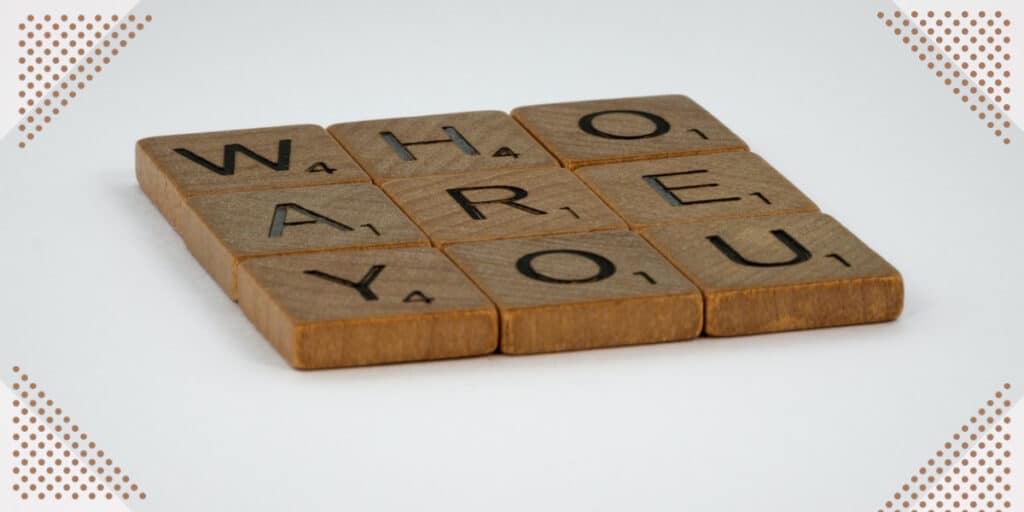
Know yourself and organize accordingly
1. Find what works for you. There isn’t one planner that fits all! You have to organize by personality type, not just color or size!
2. Stay organized and be flexible with your planner. Organize it a certain way, but don’t be afraid to organize in another! Once you’ve found what works best for you, stick with it!
3. Be organized in your everyday life. Stay on top of chores and other necessities so that you aren’t wasting time organizing every day or two.
4. Set realistic goals – organize your planner by week so that you can organize your time effectively
5. Stay organized for the long run – organize and stay organized! It’s a continuous process, not an event or occurrence. To organize well, you have to stick with it through thick and thin!
Use visual reminders
1. Set a recurring event to organize your planner on the date when bills are due
2. Use visual reminders for appointments. Organize your planner by day so that you can visually organize when you have things to do or appointments to attend
3. Use colored sticky notes (sticky flags) and color code appointments, events, chores, activities, etc.
4. Post a calendar on the wall in plain sight so that you don’t forget
Go above and beyond
Start by setting up your week at a glance page so that every day has an hour block allocated for the morning, afternoon, and evening tasks. List any doctor appointments or meetings for the week first so they don’t accidentally fall through the cracks. Then organize your planner by day so that you can visually organize when you have things to do or appointments to attend. If you’re a night person and work best late at night, schedule 3-6 hours a week for late-night tasks – such as studying, research, reading reports, packing for trips , etc… These tasks are scheduled in advance on your week at a glance page.
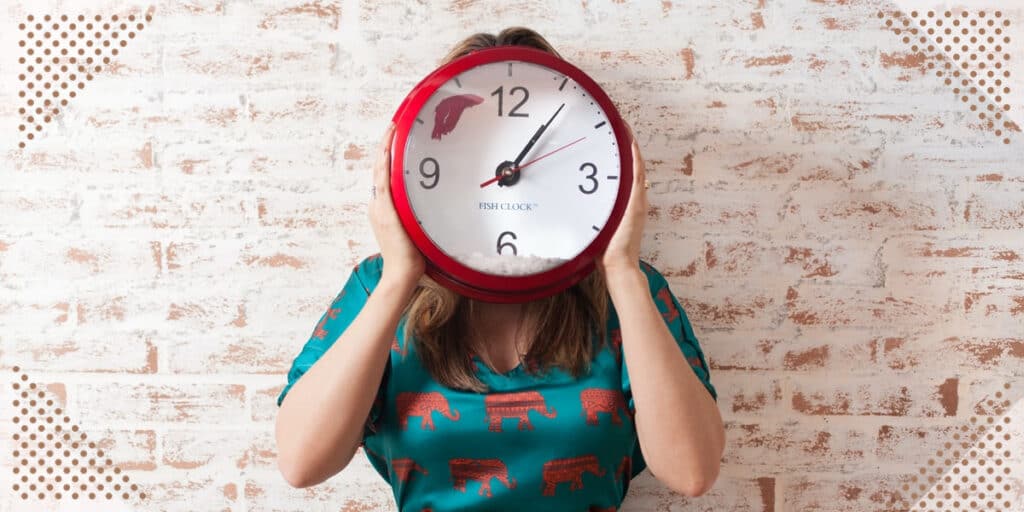
Set aside time to plan
1. Plan your day the night before
2. Wake up early to organize your planner and have a fresh start on the day.
3. Spend 15-30 minutes organizing in the morning to make sure you don’t forget anything important.
4. Keep track of time by using an alarm clock or calendar app so that you’re never late for appointments, events, meetings, etc…
5. Find ways to organize tasks – such as setting reminders on your phone or making lists of things to do throughout the week.
6. Take care of yourself first! Make sure you organize yourself and take care of other necessities so that you can stay organized over a long period.
Create a task list
It’s nearly impossible to organize your planner if you don’t know what you need to organize. Create a task list in your planner so that you can organize your time effectively. Organize by week first, then organize by day, then organize tasks within each day properly. Try writing them on one side of the page and then cross out anything as it gets done. To see today’s tasks at a glance, just flip the page over! You can organize by category, by day, or whatever works for you.
Organize your planner well in advance so that you don’t have to organize every day or two!
If you organize multiple planners (such as one on the go and one at home) organize them differently because your personality will change depending on the environment. Some people even organize by season or weather depending on the time of year!
Stay organized by having a checklist at the end of each month, week, and day. Check off items that have been completed and organize your planner accordingly.
Prioritize your task list
Prioritize your tasks by assigning the appropriate levels of importance. Allocate the appropriate amount of time to set aside for things that are urgent, important, and not urgent but important. This way you can organize your time effectively and be effective in accomplishing goals.
Don’t put too many tasks on your organizer at once because this will cause stress and then burnout. Prioritize your planner accordingly so that you’re working on the most important task at a time.
Carry a pocket notebook
I have a pocket notebook with me at all times. When I think of an idea or when it crosses my mind during the day, I write it down there and keep it in my pocket. That way I can organize my planner better by writing everything down so that I don’t forget to organize it. I organize my planner more effectively so that I can organize other things better.

One planner to rule them all
It’s important to only use one planner because it will help you organize your planner efficiently. Multiple planners can be organized differently which makes it harder to stay organized in the long run. They also create a lot of stress and burnout if you try to organize too many tasks at once. If you’re using more than one planner, make sure they have a different layout so that any urgent tasks are easy to spot.
Organize it according to your needs
Don’t think you have to organize a planner the same way someone else does. Everyone is different so it’s important to find ways of organizing that suit you best because no two planners or people are alike! It’s also important that you’re happy about how your planner looks and feels because that will make you more productive.
Why is it important to have a planner?
It’s important to have a planner because it helps organize and organize your time. You can organize your day the night before, organize in the morning, or just organize throughout the day. It also helps you stay on top of things and be able to remember everything that you need to do. For example, you can organize your planner by month and within the year organized by week. By doing this you organize yourself so that there’s no room for being disorganized.
There are a few different types of planners that organize in various ways. You can organize by month, day, or both. Another way is to organize by the hour – especially if you organize by day or week. You organize your planner, however, works best for you.
A planner can organize all aspects of a person’s life – from reviewing, school, work, personal, etc… Just about anything! It helps organize every minute detail and makes sure that things don’t get forgotten and done as they should be. Having a planner can organize you so that you don’t have to organize yourself.
Organizing by day helps organize your time. You can organize by the hour and organize what you have to do by the hourly schedule. There’s no reason not to organize well! One of the most important aspects of having a planner is that it organizes all types of events – not just appointments and meetings. It can organize everything from your day to your life itself!
A planner can organize you in many different ways. Organizing by month, day, and meeting, organized by week being specific with what’s scheduled for each hour during the week – there are a variety of different techniques that organize well into a planner.
Why does having a planner boost productivity
Having a planner is productive because it helps with time management. It’s easy for people to be productive when they know what they’re doing and when. Planning your day ahead of time makes it easier to remember everything that you need to do and stay up to date on your tasks. A lot of times, people will forget about their tasks because they don’t know what they are doing or what the time is – this prevents that from happening!
It also creates less stress because you have an idea of what you need to do and where you need to be instead of stressing out and trying to figure out a plan for yourself. Stressful situations add more stress to your life than necessary!
Your planner can also remind you of everything that you have to do. It’s easy to forget things when you don’t write them down and remember them in your head! There are so many tasks that people forget about because they’re not written down somewhere – having a planner will help you keep track of everything and not miss out on anything important.
We all want to be successful and organized. Having a planner will help you manage your time because everything’s written down and not just in one place – it helps organize every aspect of your life!
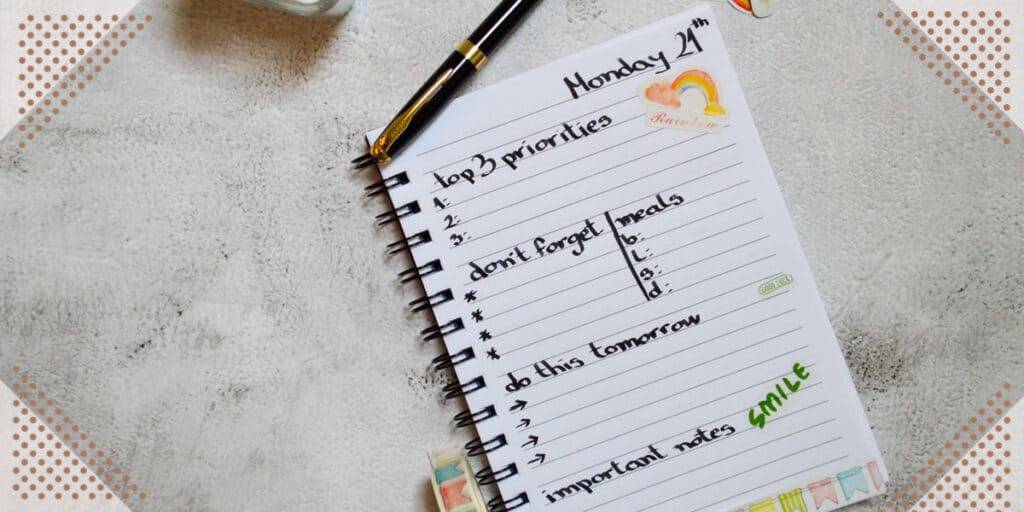
Start organizing your planner!
There are no “right” or “wrong” ways to organize your planner, so find the system that best suits you! The key is finding a method that reflects who you are, what makes sense for you, and how much time you can dedicate. Take some time to experiment with different styles until one clicks – it’ll make all of those future appointments easier to keep track of! Whether you prefer an old-fashioned paper planner or are more digitally inclined with apps like Google Calendar, there is something out there for everyone! Try these tips today and see what works best for you. You’ll be amazed at how much easier your daily routine will become!




